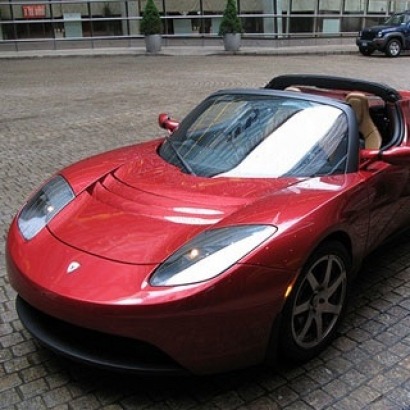
According to the report from Pike Research, the market for Li-ion batteries will be driven primarily by plug-in hybrid electric vehicles (PHEVs) and battery electric vehicles (BEVs), which require much larger battery packs than hybrids.
In terms of revenue, the market for Li-ion batteries for transportation will grow from $2.0 billion annually in 2011 to more than $14.6 billion by 2017, the clean-tech market intelligence firm forecasts.
“Battery chemistries that prioritize energy capacity over power density can satisfy both the PHEV and EV battery segments, enabling vendors to offer products to multiple vendors for multiple models," said John Gartner, the cmpany's research director. "Reducing the installed price of EV batteries to $523 per kilowatt hour in 2017 will be a critical step towards making PEVs cost-competitive with petroleum-powered vehicles.”
Although most plug-in electric vehicles today have a range of between 40 and 100 miles, continued concerns over range and the availability of charging infrastructure remain among the biggest impediments to the wider adoption of Li-ion batteries, the researchers found.
On the supply side, challenges such as achieving higher energy density, better safety, and greater discharge/charge rates linger despite advances in battery technology. Although a number of Li-ion chemistries are available today, none of them can claim to be the ideal solution.
Therefore, manufacturers are forced to make tradeoffs in choosing a particular type of Li-ion battery over others.
Pike Research’s report, “Electric Vehicle Batteries”, outlines the critical role that governments around the globe will play in establishing the electric vehicle market, and the challenges that manufacturers face in creating an industry that will be able to stand on its own as government influence diminishes.
The study examines the key market drivers for the electrification of vehicles, the status of R&D in batteries, the impact of declining battery production costs on vehicle sales, and the resale of batteries after their useful life in vehicles.
An Executive Summary of the report is available for free download on the firm’s website.
For additional information:

